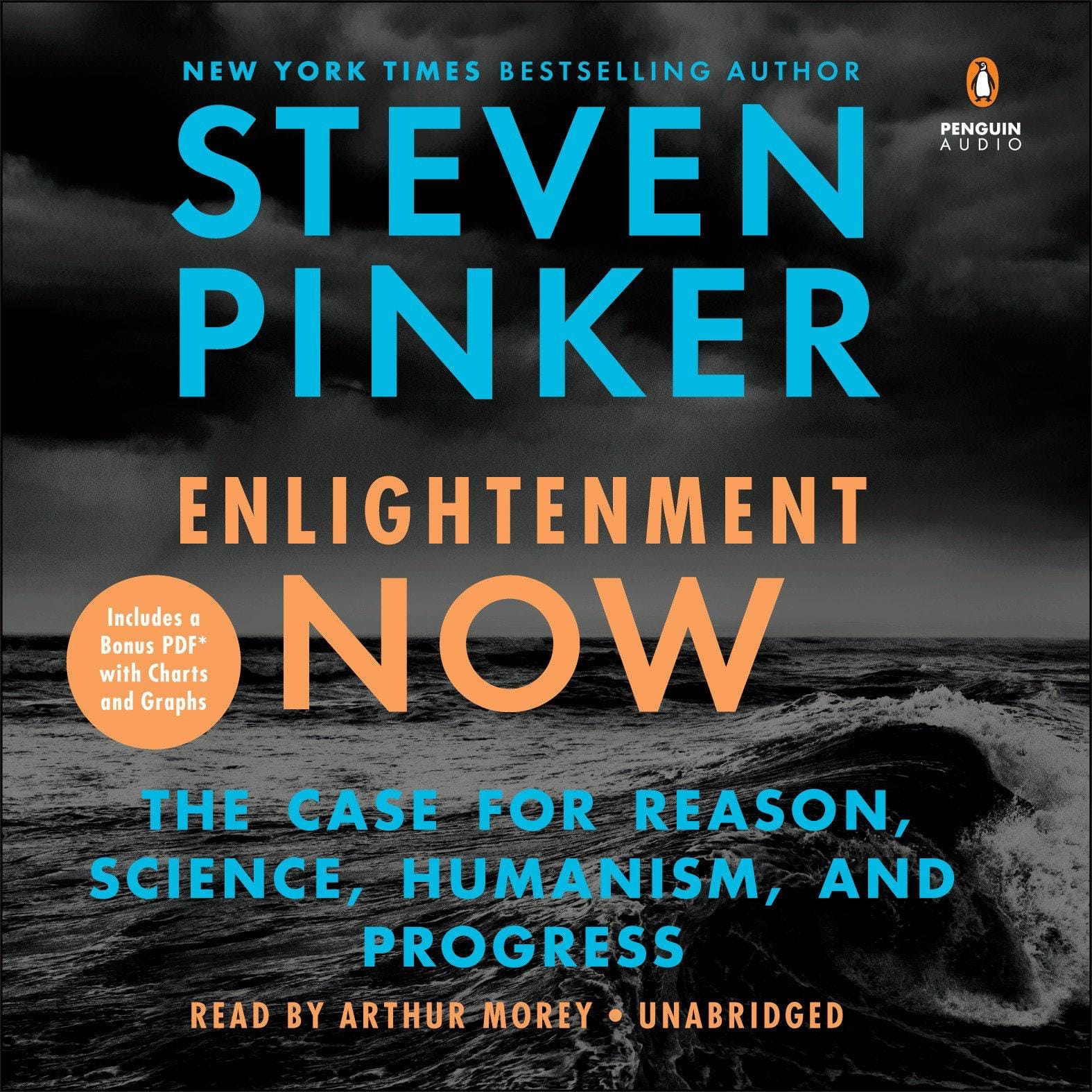Newsletter-26/07/2022
Bringing Decision Makers Back to the Data Stack
Decision-making is one of the most important mechanisms a business needs, and if it's done right, it can be a massive boon for companies, which is why we need decision-makers in the data stack.

Hello again and welcome back for another edition of the Moonfire monthly newsletter. It's our pleasure to be able to bring you all the latest news and exciting developments from within the Moonfire community, and this month was a good one.
We have written up an entire piece around the data stack and how the right decision makers need to be given clarity, what our colleagues Mike and Jonas got up to at Solana Hacker House London, as well as our favourite podcast and book at the moment.
We hope you enjoy.
The Next Step In Data Stack Evolution?
Most business leaders would agree that ‘time to decision’ is a key metric of success. Yet, today’s decision-makers face a range of challenges which, in turn, have a knock-on effect across the entire company. A 2019 McKinsey study found that, on average, respondents spend 37% of their working day making decisions, but that they feel that more than half of this time is spent ineffectively. The report went on to calculate that, for managers at an average Fortune 500 company, inefficiency at this level could translate into more than 530,000 days of lost working time and roughly $250 million of wasted labour costs per year.
One core challenge contributing to organisational inefficiency? The data stack.
With access to more data and analytics tools than ever before, there should be no better time for decision-makers who rely on this insight to drive the business forward. But a fragmented data stack is leading to slower decisions of patchier quality. It’s clear that modern business has an inefficiency problem – one that can be overcome by rethinking how we approach data exploration.
Over the past decade, the way companies store, transform and use their data has improved dramatically. The rise of the modern data stack has enabled everything from cybersecurity to expansions in gaming and storage. Data products have transformed industries, forged new career paths and defined a new generation of unicorns.
There is no sign of this slowing down: in fact, the amount of data gathered by companies across industries, sizes and markets continues to grow rapidly. Data-based decision-making has permeated all businesses and, for growing companies, in particular, the ability to extract information effectively is crucial. Yet, despite this, the consumption layer of the data stack hasn’t significantly improved in years and it’s causing problems when it comes to workplace efficiency. One of these problems is key decision-makers getting locked out of the process, lowering the adaption of collaborative tools.

The challenges of the modern data stack
Before the modern data stack, the world was dominated by Excel. Now, sophisticated tools across ingestion, warehousing, transformation and business intelligence (BI) have brought increased data reliability and confidence – but they have also caused most decision-makers to be locked out from participating in the process. Companies now store their data in huge warehouses, open only to those proficient in SQL. Data exploration should be inherently collaborative but for non-technical business users, most data tools are black boxes, making self-service impossible.
This barrier to entry automatically causes inefficiencies. Companies either have to invest in data teams with the skills and capacity to cope with a constant flood of requests from business teams, or they end up with huge backlogs, leading to an average time-to-insight of two to three weeks. Without access to a collaborative data platform, business and data teams communicate requests, insight and feedback via tools like Slack, Zoom or even email, further increasing the time and expense involved and risking the loss of vital context. What’s more, today’s data stack lacks a central repository for defining a metric, meaning that different business functions might see the same data slightly differently – potentially disastrous for decision-makers.
With long feedback loops, overwhelmed data teams, uneven expectations and a loss of context becoming the norm, is it any wonder that the decision-making process is overwhelmingly inefficient for most businesses?

The next phase of business intelligence
To maximise the potential of the modern data stack and empower self-service, we need a next-generation business intelligence (BI) tool that enables true collaboration between data teams and decision-makers. Luckily, there are some emerging players developing exactly that.
For example, billed as ‘Figma for data’, Latitude has been designed specifically to improve direct data access for both product teams and wider business stakeholders. Connecting to an existing data warehouse, the straightforward user interface is equipped for tasks ranging from raw data exploration to aggregated metrics consumption, to pushing data back to other applications for workflows. This powers a unified metric layer that can be used across end-user systems or can be used separately as a central dashboard.
For these platforms to get the right level of uptake within organisations, they need to be flexible enough to be genuinely useful to both data teams and other stakeholders alike. Latitude allows experts to run SQL while enabling stakeholders to create or tweak queries via a simple drag-and-drop build, all on the same multiplayer canvas. It also enables instant feedback within specific data projects, with comment threads allowing users to ask questions and validate results together without leaving the platform.
All of this not only decreases the time-to-insight and reduces the data team’s backlog but also builds data literacy and democratises the entire data exploration process.
Latitude isn’t the only player in this space. Other new platforms putting collaboration at the heart of data exploration include Hex, Deepnote and Arctype. As these tools become the norm, they will bring decision-makers into the data process from the start in a way that is accessible for those at every level of data literacy. This, in turn, will cultivate true digital collaboration for smarter, faster decisions, boosting workplace efficiency and unlocking value across organisations.
By Akshat Goenka & Francesco Farina
🌓🔥
What's the team been up to?
Solana: From London to Paris
If you’re unfamiliar, Solana Hacker House events are run by the Solana Foundation and Jump Crypto to bring together blockchain engineers, enthusiasts and experts for a five-day hackathon.
Last month, in London, we (Mike and Jonas) partnered up with Cogent Crypto to build NFT staking infrastructure that can support a profit-sharing scheme for the Cogent Crypto validator! In short; we helped build an NFT staking decentralized app (dapp) which allows people to stake their Cogent ecosystem NFTs for a share of the validator profit. During the Hacker House, the team also built out additional features in the dapp which allow users to easily manage, merge, split, and unstake their stake accounts with Solana. This is the first UI ever built for merging Solana stake accounts.
Of course, this barely scratches the surface of the application and what was involved, so stay tuned for our August newsletter, where we will go into more depth on what was built with Cogent Crypto and what it means for the space.
But the hacks didn’t stop there, as I (Mike) travelled across the Channel earlier this month for Hacker House Paris, where I took part in a very exciting project that could be a game changer for angel investors and founders, but more on that in the coming months…
As you can tell, we’re very excited about the work that Moonfire is getting involved in with Solana, and you can expect to hear much more about it in the coming weeks and months. In the meantime, you can look at other exciting avenues we’ve been exploring on our brand new blog.
Happy hacking!
By Mike Arpaia & Jonas Vetterle
🌓🔥
Podcast of the Month
“Solana Podcast: Jason Keats - Founder & Chief Hooligan, OSOM Ep #70”
In this episode of the Solana Podcast, Anatoly Yakovenko (Founder/CEO of Solana Labs) chats with Jason Keats (Founder of OSOM) about a new mobile phone that Solana is releasing in partnership with OSOM. Until now, the mobile experience for decentralised applications has left much to be desired. By introducing a set of mobile SDKs backed by native hardware features, Anatoly and crew at Solana are hoping to bring to market a proof of concept for how blockchain-based features can be introduced seamlessly and securely into native mobile applications.
Good Read of the Month
“'Enlightenment Now: The Case for Reason, Science, Humanism, and Progress' — by Steven Pinker, Arthur Morey, et al.”

This month's read is a bit of an all-rounder, whatever walk of life you tread. It argues that the Enlightenment values of reason, science, and humanism have brought progress; shows our progress with data that health, prosperity, safety, peace, and happiness have tended to rise worldwide; and explains the cognitive science of why this progress should be appreciated.
Thank you for tuning in. Not yet subscribed? You can sign up on our brand new blog page. If you know someone who’d love to read this newsletter, please feel free to share it. Wishing you a great July!
All the best,
Mattias and the Moonfire team.
🌓🔥








